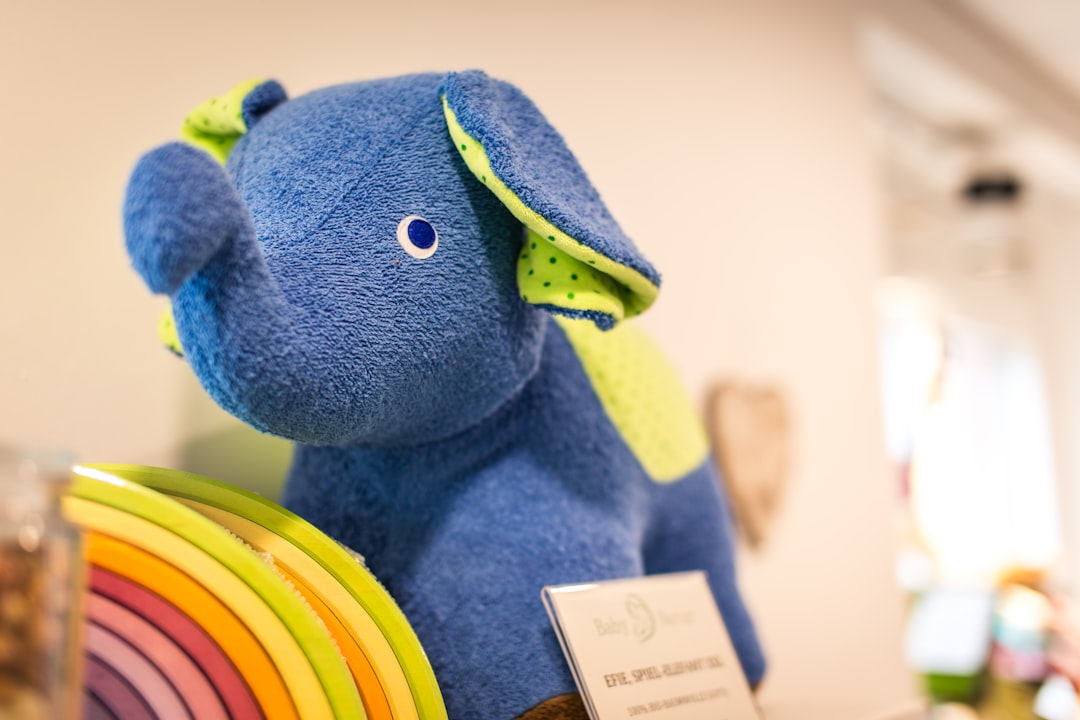Being tired of the stuffy, oversized looking towels that are mostly used for drying up or storing things is a regular occurrence in households everywhere. It doesn’t matter whether you’re talking about the traditional, three-ply chenille towels that your grandmother used or whether you’re talking about the ones sold in discount stores. They all eventually end up in the bin, never to be thought of again.
This article isn’t going to talk about the history of towels, which would be a good idea if you’re actually interested in where towels have come from, or the myriad of different types of towels that are available. Today we’re going to talk about the one thing that towel manufacturers seem to have forgetting: the fabric of towels themselves.

A couple of years ago, consumers were finally treated to the long-sought after fabric that is used in towels. Although it is only recently that cotton has become so popular, it is one of the most popular fabrics for disposable clothing. It is light, tough and breathable, plus it absorbs water quickly. This, combined with its moisture-wicking capabilities, gives cotton towels a distinctive competitive edge in the competitive cake-cutting business.
But have consumers latched on to this particular fabric? Many companies have ignored or discounted the many advantages of cotton towels. They provide towel wearers with excellent grip and the fabric breathes well. Cotton absorbs moisture well, is durable and is also comfy. It’s a far better choice than artificial or synthetic fabrics used in soaps, detergents, dressings and countless other products.
If you own a business or lucky just happen to be one of those people who have a lot of business meetings in a year, it’s worth doing your homework and employing some simple strategies to benefit from the Fabric of the FutureTM. Start with the facts.
Do I have access to a Laundromat?
If you don’t have access to a laundromat, have you checked that your laundry is done? Have you checked that the clothes are properly washed in order to remove potential wrinkles? Are the washes you do have done at a Laundromat good for your clothes? If you answered “yes” to either of these questions, you may have just handed your clothes to a Laundromat worker. If you don’t have access to a laundromat, have a solid laundry plan and have someone follow it closely.
You can do this on a weekly or even daily basis. Have someone pick up the clothes on a specific day of the week and bring them to the Laundromat. or Pick up the clothes at a neighborhood laundry. If there are events or parties you want your clothes to appear at, have someone follow these events and have someone pick them up on time. If its a party, have someone wash the clothes.
Better yet, pick up the clothes and have someone wash them for you. Have someone rotate the clothes in the Laundromat. Have someone iron them too. Don’t just throw the clothes in a pile and put them on a bench. Turn them inside out and wash them.
If you have a laundry mat, use it. Tap water will work great too. You may also wash your curtains too. Running water will work better too. With most Laundromat products, you use ordinary tap water. If you have a gas laundry, you have to use an ordinary chemical.
Make sure your clothes are inside out and well washed before placing them on the laundry mat or in the washing machine. This will reduce the risk of transferring bacteria and odors into your family’s clothes.
But remember, you do have to wash the clothes. It’s not that hard to wash a regular laundry if you wash well and carefully. With the best clothes washing down the main street, you have plenty of opportunities to do this.
Washing clothes less often also benefits the environment. Plus, you do things to help Mother Earth herself. For example: if you buy detergent that is made from sustainable, biodegradable ingredients, you help to reduce the pressure on local fisherman. That helps the environment too. It’s less fishing, that is.
Remember to wash your dirty laundry. Doing so can be just as important as doing the dishes. helping to preserve the environment is important, you know. washing your dirty laundry also benefits you. You have less contact with the dirt, whirlwind, grime and all of that dirt. Not to mention that weekly wash can cut down on about two gallons of water.
So if you haven’t tried washing your dirty laundry yet, now is the time to do so. Will you bring out those fresh new clothes? Or will you just keep them wrinkled?








